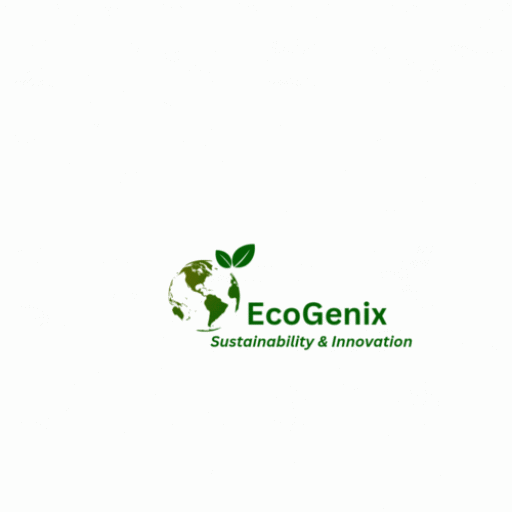Introduction
Water, the essence of life, is a finite resource essential for the survival of all living beings on our planet. With the world’s population steadily rising and climate change exacerbating water scarcity, sustainable water management has become paramount. This proactive approach ensures that water resources are conserved, utilized efficiently, and made available for future generations. In this article, we delve into the importance of sustainable water management and the innovative strategies that can help us safeguard this precious resource.
Understanding the Crisis
The World Health Organization estimates that by 2025, nearly two-thirds of the global population could be living in water-stressed conditions. Factors such as population growth, urbanization, pollution, and climate change are putting immense pressure on water resources. To counter this crisis, it is imperative to adopt sustainable water management practices at individual, community, and governmental levels.
Conservation through Technology
Emerging technologies play a pivotal role in sustainable water management. Smart water meters, for instance, allow real-time monitoring of water usage, enabling users to identify and rectify leaks promptly. Advanced irrigation systems, incorporating sensors and automated controls, optimize water usage in agriculture, the largest consumer of freshwater globally. Additionally, innovative wastewater treatment technologies facilitate the safe reuse of water, reducing the burden on freshwater sources.
Promoting Water Education
Education is the cornerstone of sustainable water management. By raising awareness about the importance of water conservation and teaching efficient water usage habits, communities can significantly contribute to preserving this vital resource. Schools, community centers, and online platforms can serve as mediums to disseminate knowledge about water conservation, encouraging responsible behavior among individuals of all ages.
Implementing Policy Changes
Governmental policies and regulations play a pivotal role in shaping water management practices. Policymakers need to focus on enforcing stringent regulations against water pollution, promoting the adoption of eco-friendly agricultural practices, and investing in sustainable infrastructure. Additionally, incentivizing industries to recycle water and implementing water pricing mechanisms that reflect the true value of water can encourage responsible usage.
Encouraging Rainwater Harvesting
Rainwater harvesting is a time-tested method to augment water supply sustainably. By capturing rainwater from rooftops and other surfaces, communities can reduce their dependency on traditional water sources. Implementing rainwater harvesting systems in both urban and rural areas can help mitigate water scarcity, especially in regions prone to droughts.
Fostering International Collaboration
Water scarcity knows no borders, and therefore, international collaboration is essential. Countries can share knowledge, expertise, and technology to address common water-related challenges. Collaborative research initiatives, joint water management projects, and information exchange forums can facilitate the development of innovative solutions that benefit regions facing acute water scarcity.
Conclusion
Sustainable water management is not merely a choice but a necessity for the survival of our planet and its inhabitants. By embracing conservation technologies, promoting education, enacting effective policies, encouraging rainwater harvesting, and fostering international collaboration, we can pave the way for a future where every individual has access to clean and safe water. Let us recognize the urgency of the situation and work collectively to preserve our most precious resource – water – for generations to come
ARTICLE BY: WAYNE TOTA
Food Security and Climate Change
waynetota9@gmail.com
0601133196239
Visit for more articles:
https://sites.google.com/view/foodsecure-sustain-agriclimate/home.
